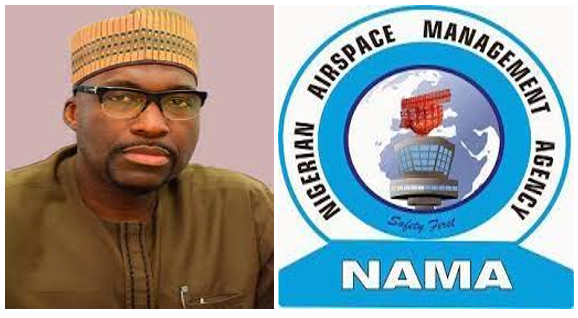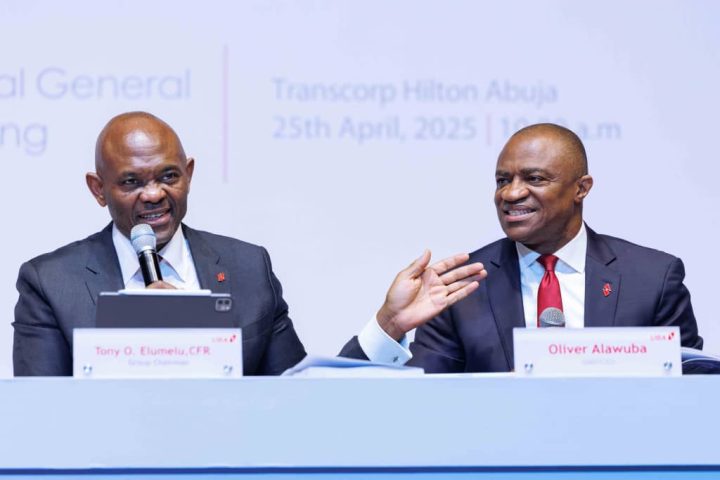The Nigerian Airspace Management Agency (NAMA) has added its voice to the growing call by aviation agencies seeking exemption from the Treasury Single Account (TSA).
This controversial policy has been a contentious issue for the sector, leading NAMA’s Managing Director, Mohammed Odunowo, to argue that it’s acting as a brake on aviation development.
Join our WhatsApp ChannelOdunowo, frustrated with the bureaucratic red tape, declared, “The mechanism of remittance to the TSA is not the challenge, but of the long-winding process and delays in accessing remitted funds for critical expenditure – especially in a sector where time is of essence.”
NAMA’s call follows that of the Federal Airports Authority of Nigeria (FAAN), which has lobbied the Federal Government to release it from remitting 25% of its Internally Generated Revenue (IGR) to the Federation Account.
READ ALSO: Tinubu Withdraws FCTA From Treasury Single Account, Gives Wike Financial Authority
Recent developments, such as President Bola Tinubu exempting the Federal Capital Territory Administration (FCTA) from the TSA policy, aim to unlock the potential of internally generated revenue for the development of critical infrastructure. In the eyes of Odunowo, the aviation industry’s growth hinges on unhindered access to its earnings and the ability to reinvest in its operations.
He emphasized, “We have issues of debt from our service areas. Let me paint a picture. For an hour of operation at Ilorin Airport, the charge is N50,000. But the airport does not have power, so we run on generators. That costs about N500,000 in operating costs per hour. That is a challenge for us.”
In addition to calling for financial liberation, Lawrence Pwajok, Director of Operations at NAMA, advocated airport concessioning as a means to enhance financial viability and promote equitable service charges among agencies.
Meanwhile, NAMA has embarked on a journey toward modernization through system automation. Central to this transformation is the shift from conventional ground-based navigation to sophisticated satellite-based navigation, made possible by Automatic Dependent Surveillance–Broadcast (ADS-B).
This cutting-edge technology empowers aircraft to ascertain their positions through satellite navigation and periodically broadcast this information, improving situational awareness and air traffic management.
“Automation is crucial for ANSPs. It forms our lifeline. The U.S., with its NextGen program, successfully shifted from ground to satellite-based ADS-B, leveraging GPS superiority.”
NAMA is taking steps to bolster Nigeria’s position in this modernization race by deploying fiber infrastructure across its 46 stations in collaboration with Galaxy Backbone, a high-capacity network infrastructure provider. This not only supports ADS-B but also ensures robust data transmission, reliability, and comprehensive coverage.
Emmanuel Ochayi is a journalist. He is a graduate of the University of Lagos, School of first choice and the nations pride. Emmanuel is keen on exploring writing angles in different areas, including Business, climate change, politics, Education, and others.













![Trump, Zelenskyy Discuss Peace Plans During Pope Francis’ Funeral In Rome [VIDEO]](https://www.primebusiness.africa/wp-content/uploads/2025/04/Trump-and-Zelenksy-meet-at-Pope-Francis-Burial-150x150.jpeg)






Follow Us